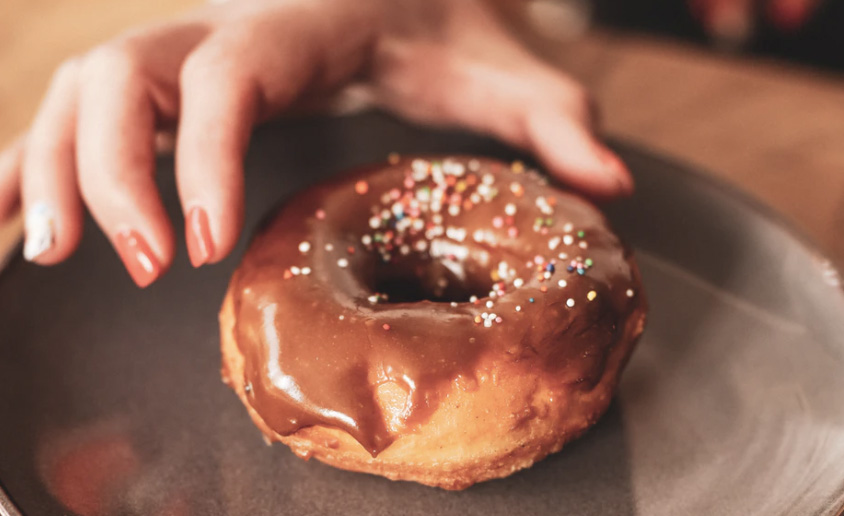The Mental Benefits of Mindful Eating
Whether you're an athlete on a strict diet or just someone with a sweet tooth, it is easy to get carried away with food sometimes.

In our post on ‘Anxiety and Eating’, we discussed how this is especially common when emotions are high, causing problems like binge-eating. However, if it’s constant anxiety, nervousness, and stress driving your eating habits, it may be a sign that something needs to change.
Mindful eating is a simple yet effective technique to help you gain control over your eating habits. By learning to appreciate food and what it has to offer, you open yourself up to a deeper level of enjoyment. In turn, it helps you make better lifestyle decisions too. Besides helping with weight loss, mindful eating also serves as good practice to improve your overall mental stability.
Redefining your relationship with food
Though diets aren’t exactly bad, many people get into them for the wrong reasons. Instead of being motivated by the desire to be healthier, dieters do it for aesthetic or superficial reasons — from wanting to look good for a particular season, to gaining approval from society. While it may get results physically, it can be very harmful for one’s mental state.

What happens is some people end up resenting food and looking at exercise as “punishment” for eating a donut. With mindful eating, lifestyle writer Iraina Rosenthal-Tawil states that you can redefine your relationship with food; thus seeing it as fuel for the body and a way to treat one’s self right by eating healthy.
Increasing concentration
When you’re taking the time to enjoy and eat your food, you’re actually exercising a bit of focus as well. A study by the University of Maryland shows how mindful eating is associated with increased levels of self-control, tolerance, and concentration. Concentration can also help improve memory retention, decision-making, and inner strength. These are all welcome skills that can be applied in so many different aspects of life.
Reducing binge eating
Like we mentioned earlier, binge-eating is often caused by a flood of emotions. After all, it’s called “comfort food” for a reason, because of the temporary gratification that eating all your favorite meals brings. Unfortunately, a post for nursing graduates by Maryville University warns that this rise in unhealthy habits has contributed to an increase in chronic illnesses in the United States. These diseases range from diabetes to obesity.

While it’s not the be-all and end-all solution, mindful eating can help, since bad eating habits have a lot to do with one’s mental perspective.
Stopping cravings
Here’s a tried-and-tested way to get yourself to reflect on your eating habits. During your moments of weakness, Dr. Jamie Zimmerman reminds us to STOP: Stop, Take three deep breaths, Observe, and Proceed. This gives you enough time to think of why you’re craving food in the first place. Are you off to buy a tub of ice cream to please your palette, or are you going to use it as a distraction from something else? Again, food should not be used as a permanent coping mechanism for emotional situations.

Living in the present
We’re so obsessed with planning our futures that we often forget to live in the present. In fact, researchers from Harvard University state that our minds wander almost half of the time, thus leading to stressful “what ifs.” As a consequence, it can leave you anxious for the things to come. Mindful eating, which encourages you to thoroughly enjoy your meals, can ultimately lead you to appreciate what the present day has to offer. After all, meals aren’t just there for sustenance — they can be a source for celebration and a way to bring people together too. So, invite your mom or an old friend round for lunch, and really take the time to enjoy your meal. You’ll see what a difference being mindful can really make.

Article exclusively written for youate.com
By Bea Kaye